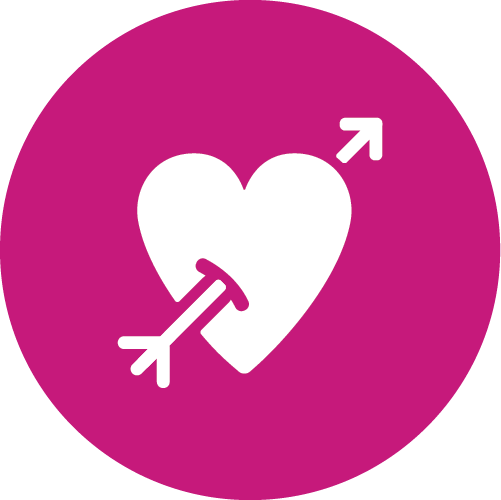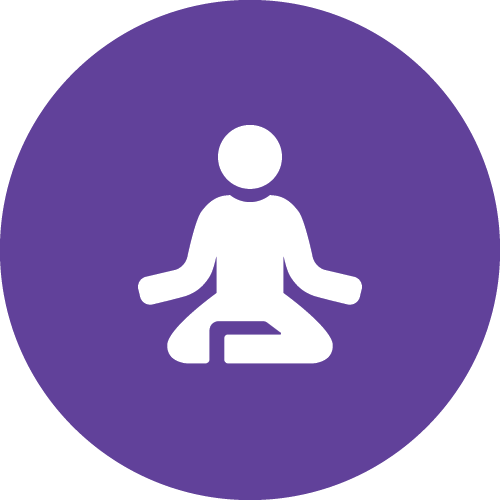Well-being resources
RamStrong resources align with the eight dimensions of well-being: emotional, physical, environmental, occupational, social, spiritual, financial, and intellectual. By focusing on these dimensions, you can enhance your overall well-being and pave the way for a happier, more fulfilling life.
Physical well-being
the ability to make healthy decisions and acknowledge that our behaviors have a significant impact on our well-being by adopting healthful habits and avoiding destructive ones

Emotional well-being
the ability to understand your feelings and express emotions in a constructive way, and how to manage stress and deal with challenges faced in life

Financial well-being
the ability to be fully aware of our current financial state and to set short and long-term goals regarding finances that will allow us to reach our personal aspirations and achieve self-defined financial success

Intellectual well-being
the ability to open our minds to new ideas and experiences and to learn new concepts, improve skills and seek challenges in pursuit of lifelong learning
Occupational well-being
the ability to get personal fulfillment from our jobs and our chosen career fields while maintaining balance in our lives
Environmental well-being
the ability to recognize our responsibility for the quality of the air, water, and the land that surrounds us, and to make a positive impact on the quality of our homes, communities and our planet
 Social well-being
Social well-being
the ability to relate to and connect with other people in our world and to establish and maintain positive relationships with family, friends, and co-workers
Spiritual well-being
the ability to establish peace and harmony in our lives by embracing our personal ethics, values, and code of living
Suggestions?
To share your suggestions on additional resources for the VCU community, contact the Division of Finance and Administration at svpfinadmin@vcu.edu.



